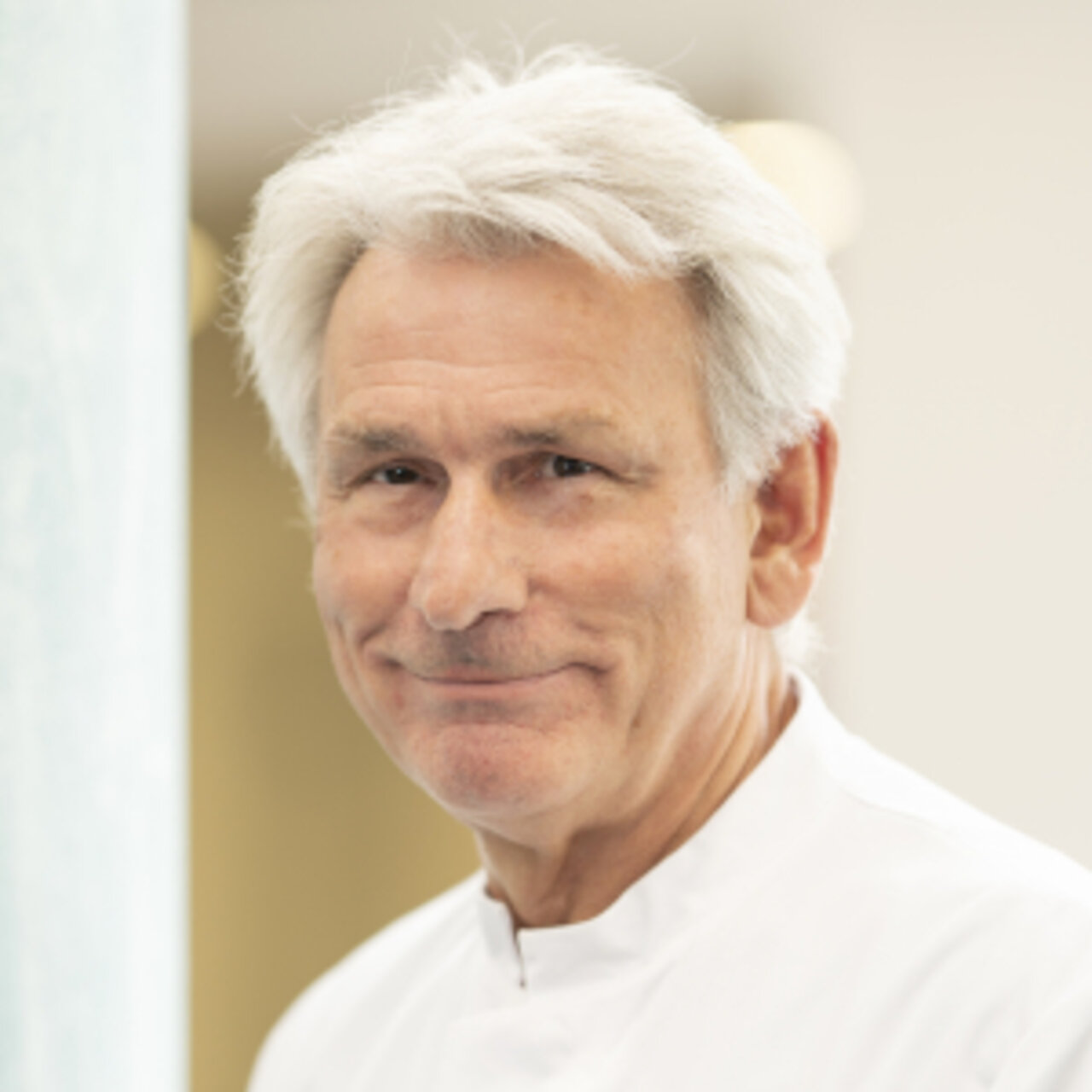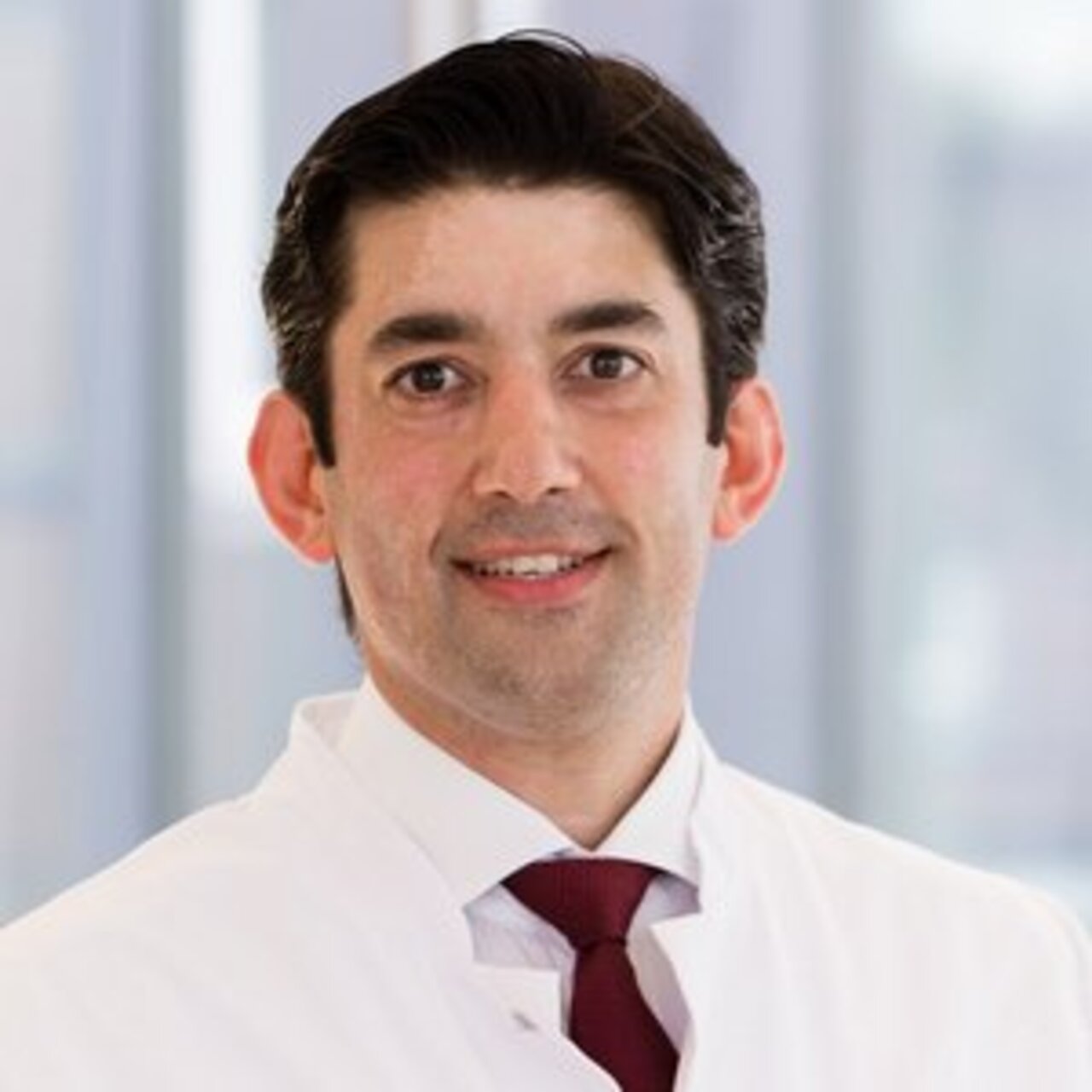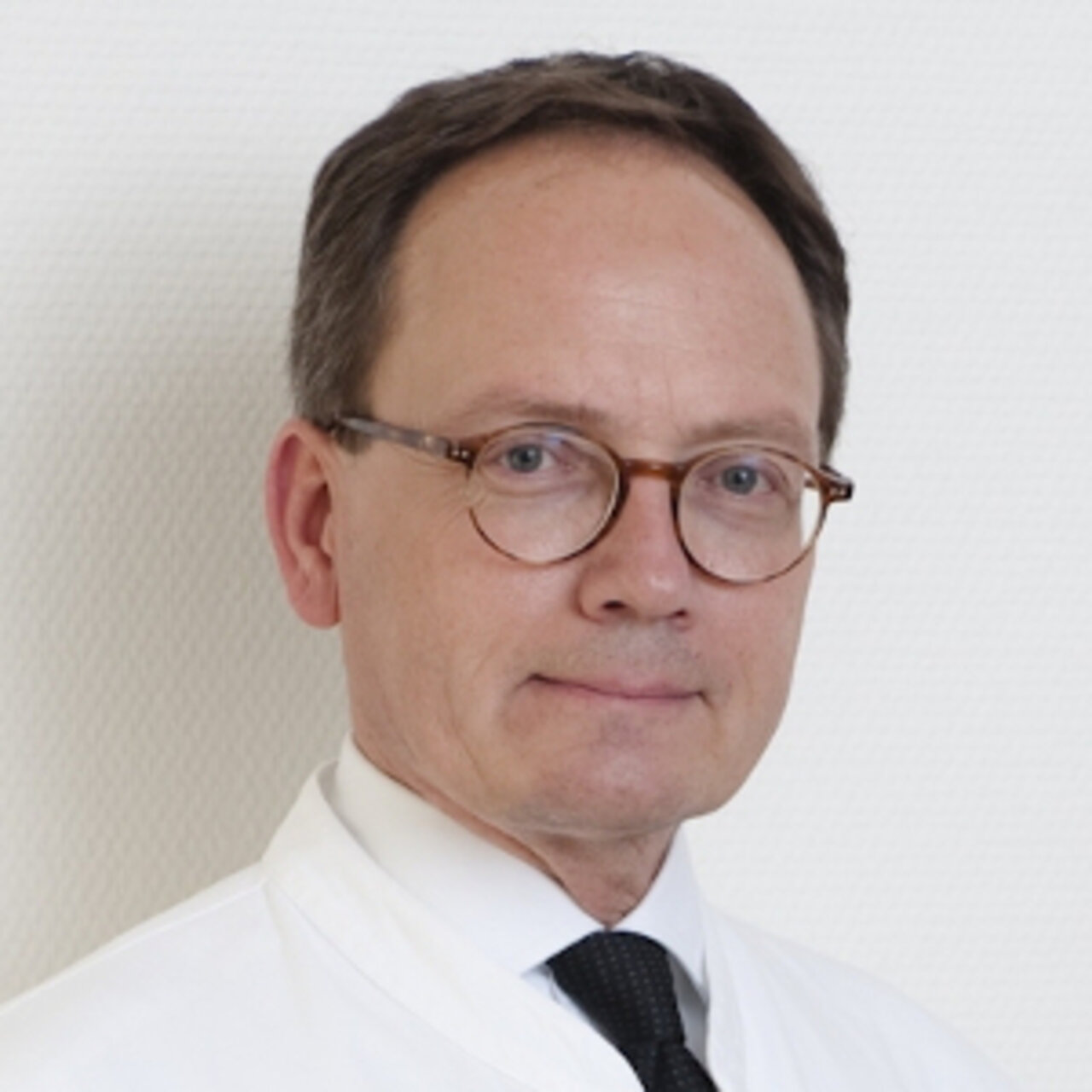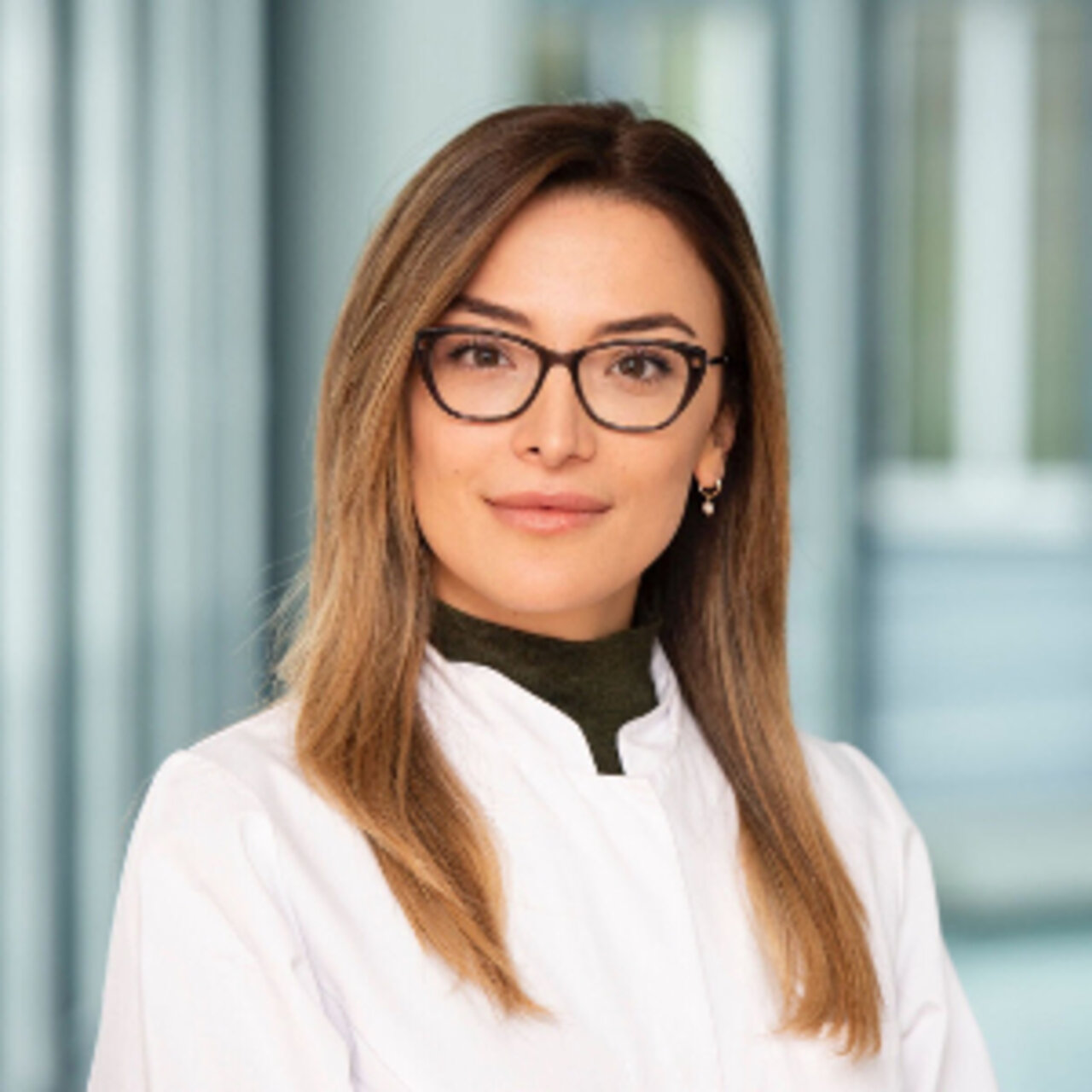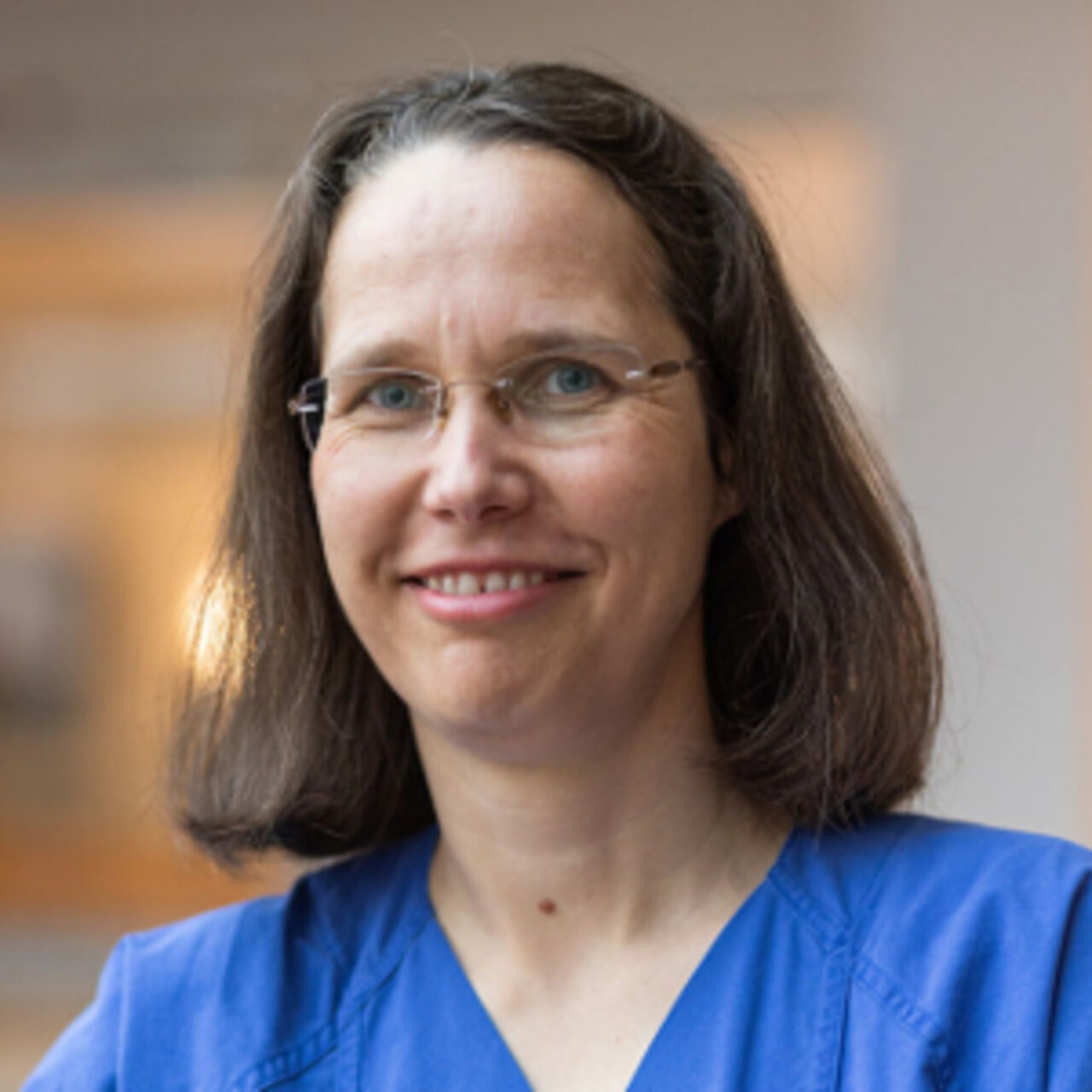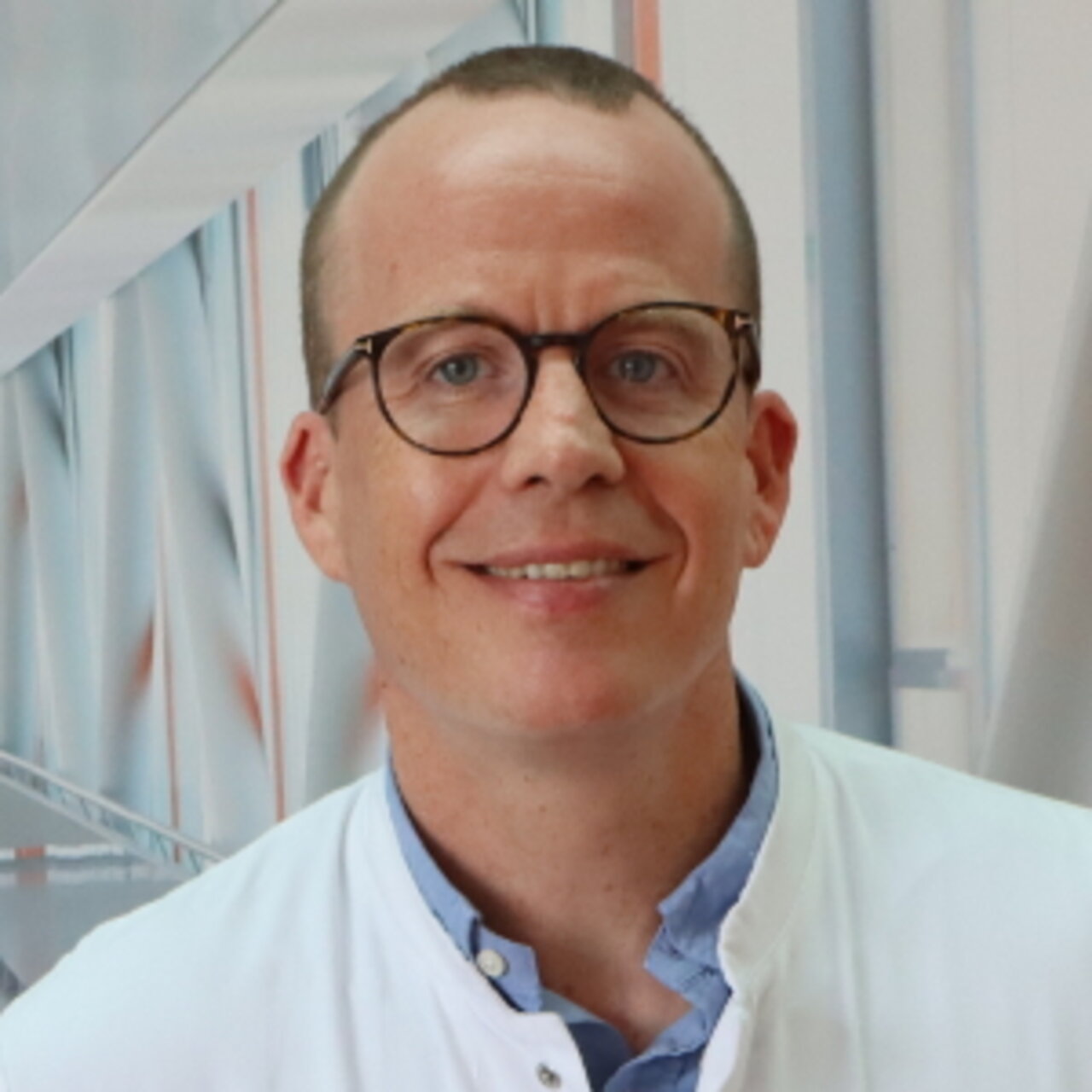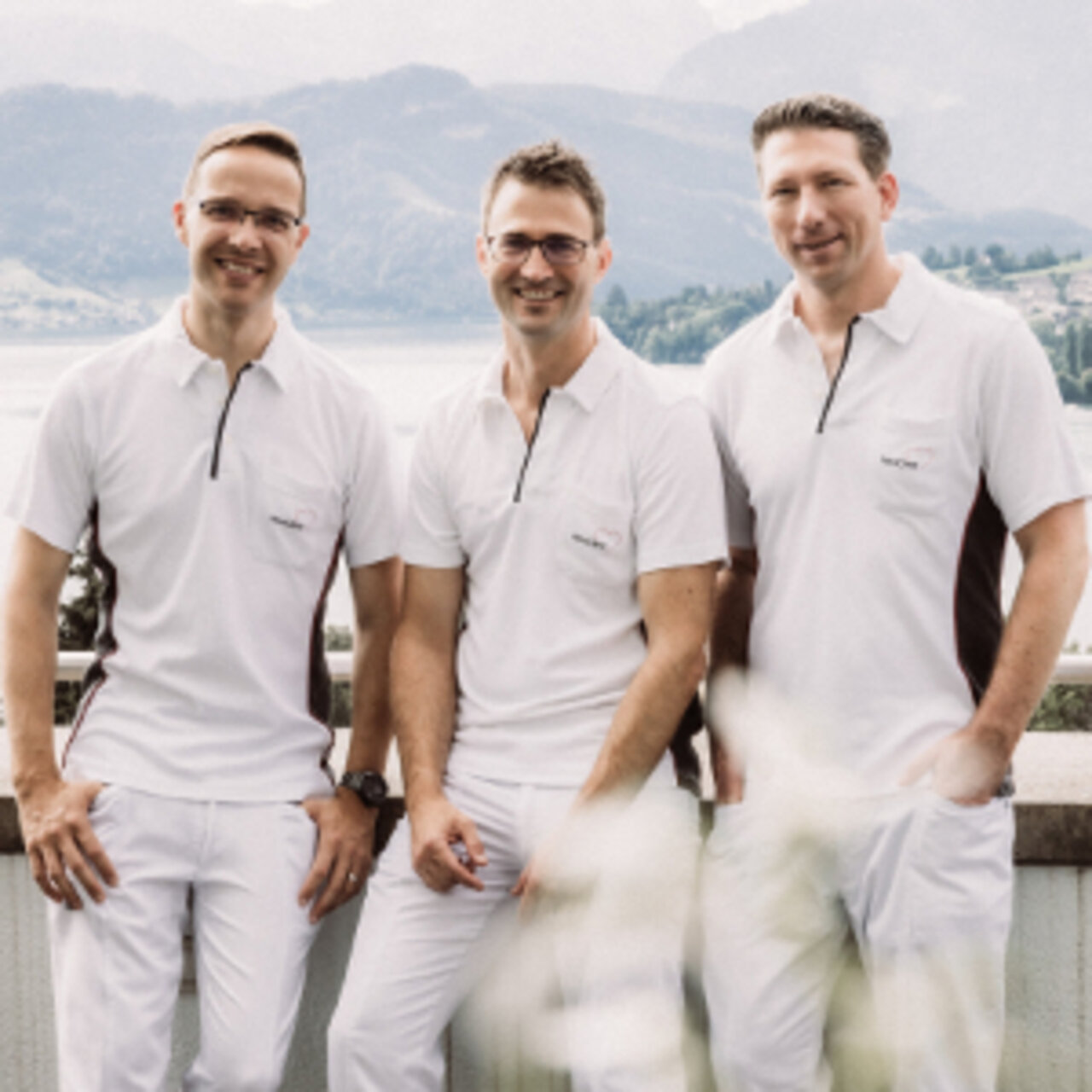Specialists in Cardiology
7 Specialists found
Dr Brunilda Alushi, PhD, FEACVI
Internal Medicine and Cardiology, Prevention and Imaging Diagnostics
Munich
Information About the Field of Cardiology
What is Cardiology?
Cardiology is a medical field specializing in the diagnosis and treatment of heart disease and belongs to the department of internal medicine. To qualify as a cardiologist in Germany and Switzerland, a six-year training as a specialist in internal medicine with a focus on cardiology is required.
Already hundreds of years ago, cardiology, or the doctrine of the heart and circulation, had been a fascinating field of science and medicine. It was only in the 17th century that the true blood circulation and its importance were discovered.
Until then, there were various approaches. Galen (Greek physician around 130 AD), among other things, stated that the blood would be produced continuously in the liver and eventually used up by the organs. The idea of a circulating blood flow was unthinkable at the time.
The Heart is the Body’s Engine
The heart’s function is to maintain the bloodstream. It transports oxygen-rich blood through the arteries into the organs and extremities and provides them with necessary nutrients such as sugar, amino acids and oxygen. The waste products are disposed of through the veins and certain intermediary organs such as the liver, kidneys and lungs.
Unfortunately, with increasing age and changing lifestyle in the population, the number of heart diseases has increased over the last few decades. Cardiovascular diseases are among the most common causes of death worldwide, along with cancer.
Which Cardiovascular Diseases are Treated by Specialists in Cardiology?
High blood pressure (hypertension), coronary heart disease (CHD), cardiac arrhythmia or congestive heart failure are among the most common conditions leading to a visit to the internist practice (internal medicine). In addition to conservative medication therapy, cardiologists are increasingly treating heart problems during cardiac catheterization interventionally.
Which Medical Specialists Do Cardiologists Work With?
Frequently there is a lively exchange between the disciplines and, if necessary, an active collaboration of internists, cardiologists and cardiac or vascular surgeons. The family practitioner also plays an important role. Usually, he is the first contact person the patient refers to with his complaints as well as returns to after special examinations or treatments with the cardiologist are implemented.
Where Can I Find an Experienced Specialist or Cardiology Clinic in Germany, Switzerland or Austria?
Anyone suffering from heart disease wants the best medical care. That's why the patient asks, where can I find the best cardiologist or the best clinic for cardiology?
Since this question cannot be answered objectively and a reputable doctor would never claim he is the best in his field, a patient can only rely on the medical practitioner’s experience. The more heart patients a doctor treats, the more experienced he becomes in his area of expertise. Experienced cardiologists work as general practitioners in cardiac practice as well as in cardiology clinics.
